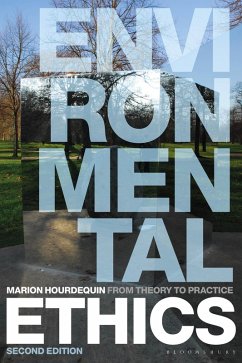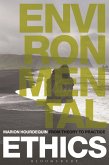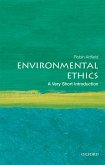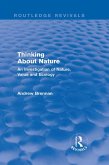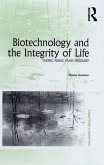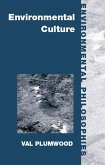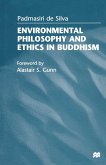What is environmental virtue? Is developing good habits enough? What does climate justice require? Is ecological restoration just another form of the human domination of nature?
Exploring these questions and more, this book provides an up-to-date and balanced introduction to environmental ethics. It first examines ethical theory, then ties theory to practice, showing how values guide environmental policies, but also how policies and institutions shape environmental values. Updated and expanded to engage with the latest scholarship, scientific findings, and societal challenges, this 2nd edition features:
New sections on food ethics, multispecies justice, intergenerational ethics, and the Anthropocene
Contemporary case studies focusing on the rights of nature, the use of biotechnology in ecological restoration, and just climate transitions
Expanded coverage of diverse philosophical traditions, including Confucian, Daoist, and Indigenous ethical perspectives
Updated discussion questions, further reading sections, and online resources
Exploring the possibilities and limitations inherent in both classical ethical models and modern theoretical approaches to the environment, this is a key resource for teaching students to think ethically about the world we live in.
Exploring these questions and more, this book provides an up-to-date and balanced introduction to environmental ethics. It first examines ethical theory, then ties theory to practice, showing how values guide environmental policies, but also how policies and institutions shape environmental values. Updated and expanded to engage with the latest scholarship, scientific findings, and societal challenges, this 2nd edition features:
New sections on food ethics, multispecies justice, intergenerational ethics, and the Anthropocene
Contemporary case studies focusing on the rights of nature, the use of biotechnology in ecological restoration, and just climate transitions
Expanded coverage of diverse philosophical traditions, including Confucian, Daoist, and Indigenous ethical perspectives
Updated discussion questions, further reading sections, and online resources
Exploring the possibilities and limitations inherent in both classical ethical models and modern theoretical approaches to the environment, this is a key resource for teaching students to think ethically about the world we live in.

